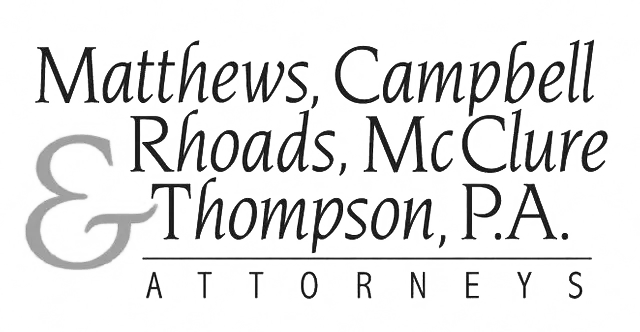PROBATE & ESTATE PLANNING
PROBATE & ESTATE PLANNING
LAWYERS
IN ROGERS, AR
Includes: Advance Directives, Living Wills, Power of Attorney, Trusts, Wills
ESTATE PLANNING
Estate planning is the process that individuals and families use to make arrangements for the management and distribution of their real estate and personal property during life and after death. Estate plans are tailored to each individual’s unique needs and desires. A proper plan can provide important protection for estates of any size. A basic estate plan consists of a last will and testament and powers of attorney. The last will and testament provides for the handling of a person’s affairs after the person dies. Powers of attorney provide for the handling of a person’s affairs while the person is still alive. The best way to ensure that your possessions are distributed exactly the way you want is to provide clear instructions about who gets what and when they get it. Contrary to what a lot of people believe, estate planning isn't just for those who are old or have a lot of money. In fact, it's even more essential to families of modest means as they can afford to lose the least. Good estate planning doesn't have to be hard. At MCRMT, we provide you with articles, resources, and advice to help you plan for your family's future. We will help you control what happens to your both family and your property after your death.
LAST WILL AND TESTAMENT
A last will and testament states who is to receive the person’s assets after the person’s death. It nominates an executor to administer the estate after death. A last will and testament can also nominate a guardian for minor children. This document explains your desires in the event that you are unable to communicate them yourself, such as in the case of an injury, permanent unconsciousness, or if you fall terminally ill. The living will clearly tells others what you want done in such a situation. This typically involves the desire or refusal of medical treatment. A living will is of immense help to children, spouse, relatives, or healthcare providers in case they have to make decisions about your care in such a situation.
LIVING WILL
A living will is a statement authorizing the withholding of or withdrawing of life sustaining treatment when a person gets into certain medical conditions. The living will can be a separate document or can be part of the healthcare power of attorney.
LIVING TRUST
One way to avoid probate entirely is to set up a living trust and to transfer the assets into the living trust. It is called a “living” trust because it goes into effect while a person is still alive. The living trust does not die when the person who creates it dies; hence no probate is necessary. There are three parties involved in a living trust. The settlors are the persons (usually husband and wife) who create the living trust and retain the power to control and change it. The trustees are the managers of the living trust (most settlors serve as the trustees of their living trusts as long as they are able). A successor trustee must be appointed to take over when the original trustees can no longer serve. The beneficiaries receive the benefit of the assets that are owned by the living trust (most settlors are the beneficiaries during their lifetimes). After the settlors die, the living trust will have new beneficiaries, often the children of the settlors. The assets may be managed by the successor trustee after the death of the settlors for the benefit of the beneficiaries for an extended period of time as set by the settlors.
POWER OF ATTORNEY
A power of attorney authorizes a person to sign another person’s name and to make decisions for the other person. This authority is particularly useful if a person becomes incapacitated. A trustworthy person must be appointed to exercise this power. There are two types of powers of attorney. A general power of attorney authorizes business, financial and property decisions to be made. A healthcare power of attorney authorizes medical decisions to be made.
PROBATE
Probate is necessary if a person dies owning assets. During probate, a court will monitor the distribution of a decedent’s assets to ensure that the distribution is made in accordance with Arkansas law.
BENEFICIARY DEED
A beneficiary deed is a tool for passing real estate at death outside of the probate process.
Probate & Estate Attorneys - George R. Rhoads, Edwin N. McClure, Sarah L. Waddoups, David R. Matthews
© 2024
Copyright | All Rights Reserved | Mathews, Campbell, Rhoads, McClure, Thompson, PA | Powered by Flypaper | Privacy Policy

